The clean energy industry is growing at an unprecedented rate, thanks to the increasing awareness of climate change and the need to transition to clean sources of energy. One vital element of clean energy production is the use of CNC machining technology. CNC machining plays a vital role in the production of clean energy technology such as wind turbines, solar panels, and electric vehicles.
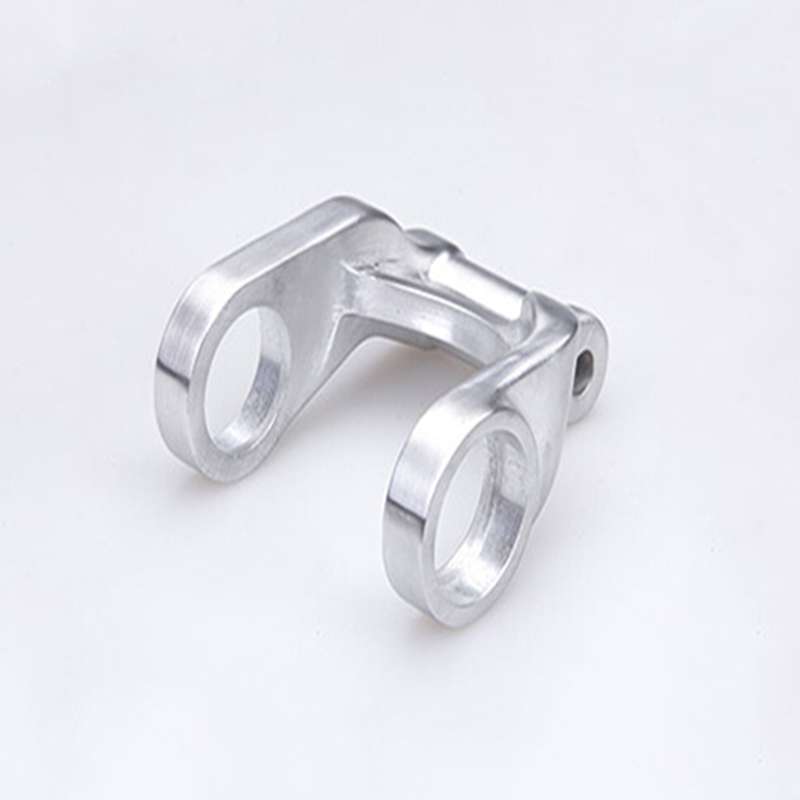
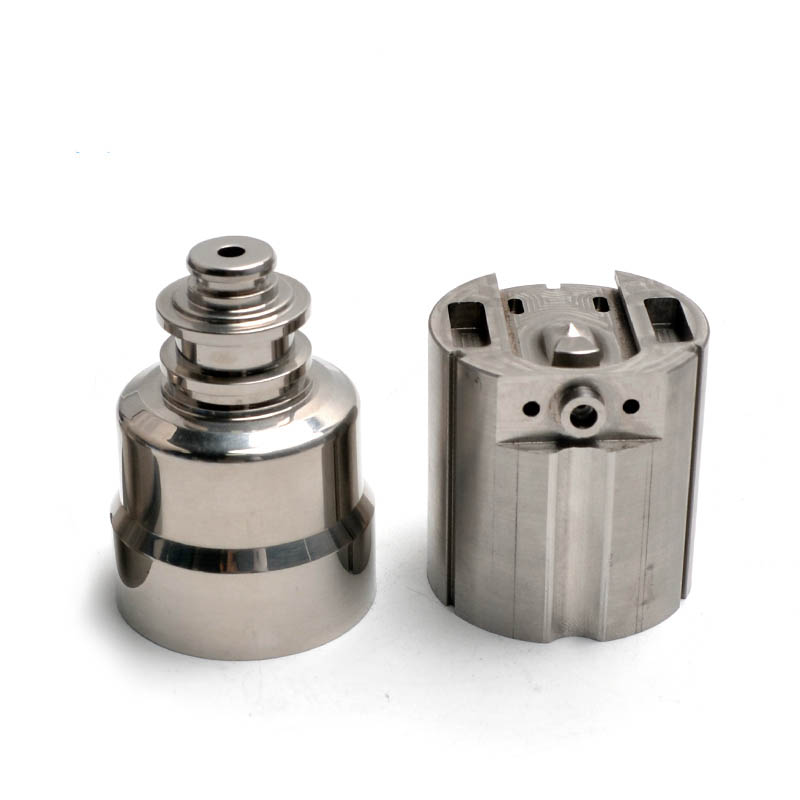
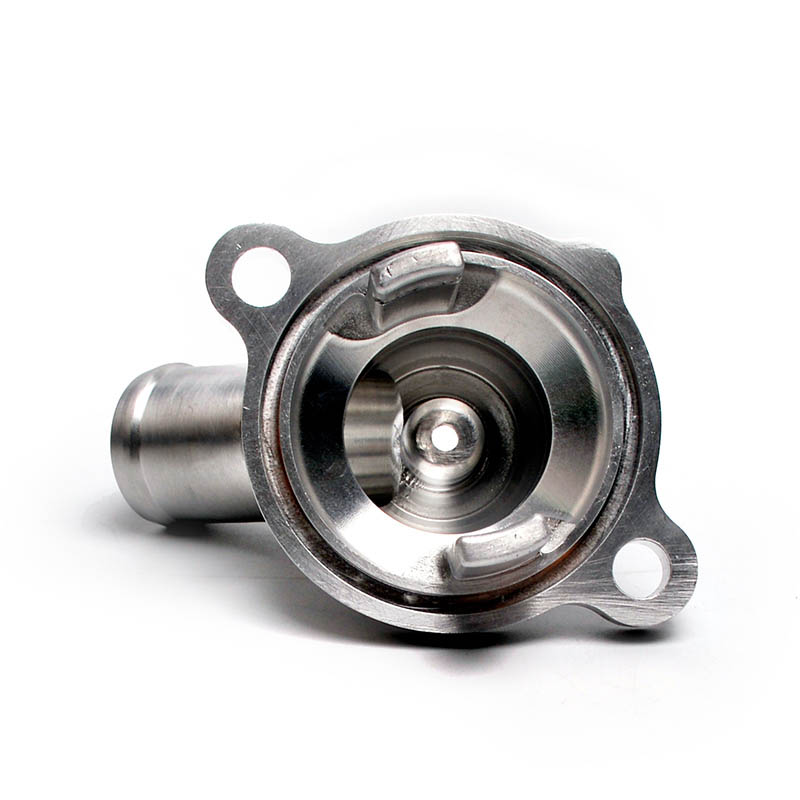
Clean Energy Industry
Before delving into the relationship between CNC machining and clean energy, it’s essential to understand the clean energy industry and the role it plays in mitigating climate change. The clean energy industry comprises renewable sources of energy that have a low or zero carbon footprint. Examples of renewable energy sources include solar, wind, hydroelectric, geothermal, and biomass energy.
The clean energy industry has been growing rapidly over the past few years, with the market expected to exceed $500 billion by 2025. The adoption of clean energy sources has numerous benefits, from decreased greenhouse gas emissions to improved air and water quality leading to healthier living conditions.
Clean Energy Industry & CNC Machining
CNC machining technology has revolutionized the clean energy industry, allowing for the manufacture of parts and components that are more efficient and sophisticated in design. CNC machining has allowed manufacturers to create components for clean energy technologies with a high degree of accuracy and speed, ultimately reducing production costs.
Wind Turbines
Wind turbines are an essential component of clean energy production, especially in the production of wind energy. Wind turbines use the kinetic energy from the wind to generate electricity. The components of wind turbines include the nacelle, blades, and tower. The most crucial component of the turbine is the blades, which capture the wind energy that rotates the generator.
CNC machining has made it possible to create turbine blades with advanced geometries that are lightweight, efficient, and durable. Traditional manufacturing methods would not have the capability to manufacture such intricate designs. CNC machining technologies bring these designs to life by creating symmetrical blades that operate with minimal vibration, thus generating optimal power while reducing stress on the components. The CNC machining process ensures that the blades are uniform in weight and size, ultimately leading to increased efficiency.
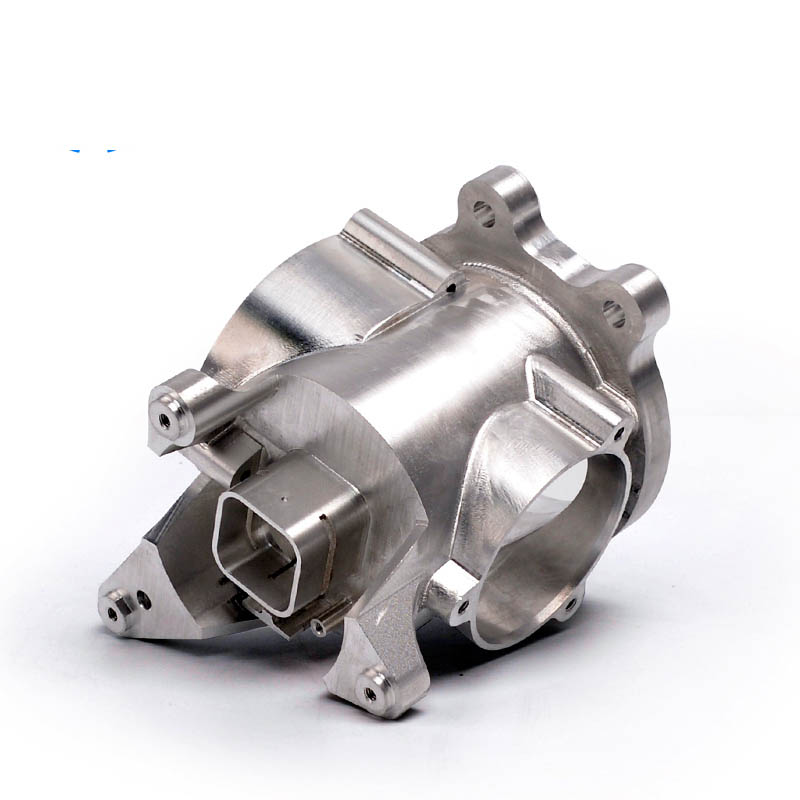
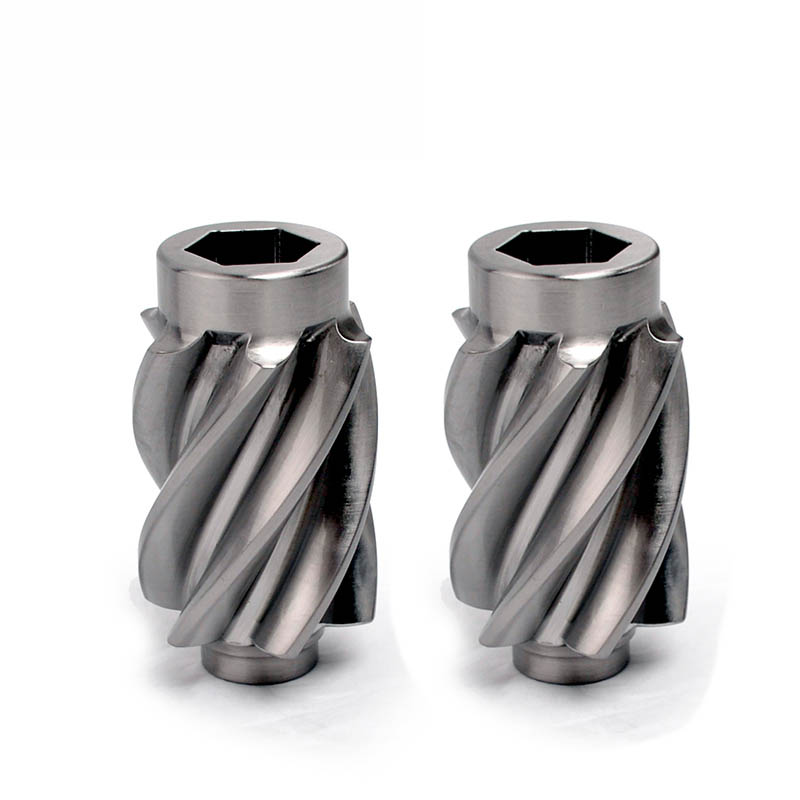
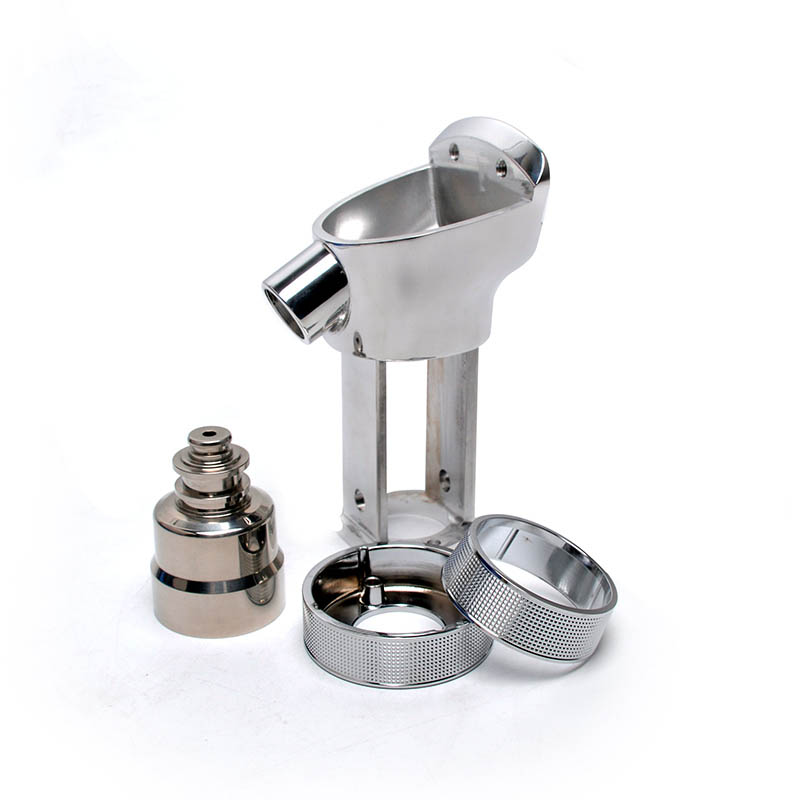
Solar Panels
Solar panels are another vital component of clean energy production, especially in the production of solar energy. Solar panels convert sunlight into electricity, making them invaluable to the renewable energy industry. The components of solar panels include solar cells, which are tiny, square-shaped units that absorb sunlight, a backsheet that protects the cells and helps trap the generated energy, and a frame that holds everything together.
CNC machining is essential in the production of these components, mainly the solar cells. CNC machines can manufacture the cells in a precise and uniform manner, ensuring that the cells can absorb sunlight effectively and generate electricity efficiently. With advances in CNC machining technology, the production of solar cells can be scaled to produce high volumes effectively, leading to economies of scale and reduced costs.
Electric Vehicles
Electric vehicles are yet another component of clean energy production that is heavily reliant on advanced machining technology. Electric vehicles are powered by batteries, which use electronic transmission systems for propulsion. The electronic transmission systems require precision and accuracy in production to ensure that they can perform optimally while reducing battery consumption.
The advent of CNC machining has allowed for the manufacture of parts that are essential for the optimal performance of electric vehicles. The machining of precision bearing systems, gears, gearboxes, and battery housings requires precision and accuracy that traditional manufacturing methods would not be able to match. CNC machining technology ensures that these components are manufactured with a high degree of accuracy, reducing battery consumption and increasing mileage per charge.
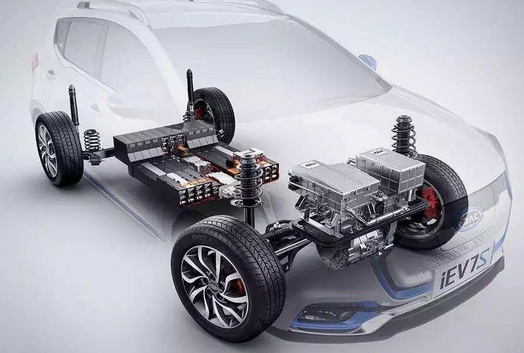
Conclusion
The clean energy industry is essential in mitigating climate change and reducing reliance on fossil fuels. The technological advances in CNC machining have revolutionized clean energy production, allowing for the manufacture of components that are more efficient and sophisticated in design. The use of CNC machining in the production of wind turbines, solar panels, and electric vehicles has significantly reduced production costs while increasing efficiency, making clean energy more affordable and accessible. Further advancements in CNC machining technology will undoubtedly lead to even more innovative and efficient clean energy technology.